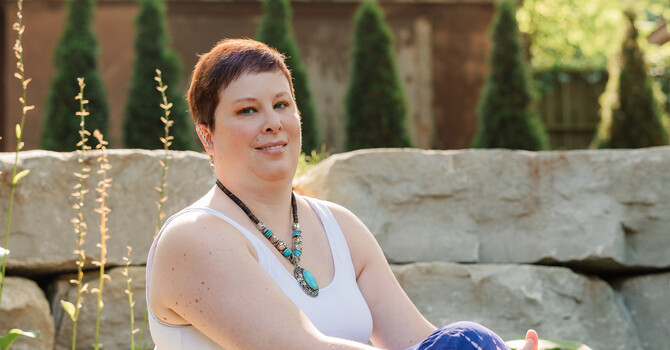
Virtual counselling was around prior to the pandemic but it really took off during COVID as people weren’t allowed to meet in person. While some things that started during COVID are going to be phased out as things return to “normal”, virtual counselling isn’t one of them. It’s here to stay and I’m going to talk about why.
As I highlighted in my May Instagram posts @catherinesullivancouselling there are three key reasons. Virtual counselling is:
Convenient, Accesible and Secure
Convenience has become something that people realized they could advocate for and receive. Counselling is a service like any other and the consumers of this service want it on their terms. This is what virtual delivers - it’s on your terms, on the counsellor’s. You can do it where you want (as long as it’s safe and private), when you want, on any device and without having to worry about driving to an office.
In terms of accessibility, one big reason is that you don’t have to address why you need counselling before you even get in the door. If you’re too anxious or depressed to leave home or too disorganized to leave home and be on time - you don’t have to. Also,if you live in a rural or remote area that doesn’t have in person services nearby you can still access counselling. If Wi-Fi is a barrier, sessions can be done over the phone.
Lastly, find out if your counsellor is using a secure method to conduct sessions. There are many types of software that offer secure connections that are compliant with Canadian privacy legislation. I use Jane. I also have a secure Wi-Fi connection and as a client it’s your responsibility to make sure your Wi-Fi is secure.As an added bonus you also don’t have to wear a mask for virtual therapy, whereas many people are still requiring this for in person services.
In conclusion, while virtual counselling might have been the exception rather than the rule prior to the pandemic, it’s definitely become more mainstream. I have heard from several therapists who did in-person services prior to the pandemic that they plan on remaining exclusively virtual going forward while some are doing a mix of virtual and in-person. In other words, virtual counselling is here to stay because it fits the needs of therapists and more importantly, their clients.





